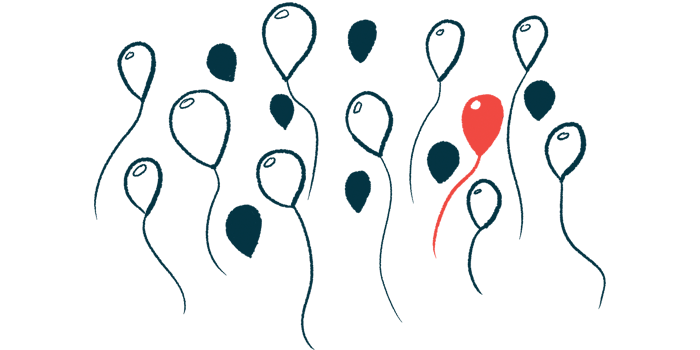NORD to add 2 rare disease registries to IAMRARE platform
Patient advocacy organizations invited to apply for new, free spots

The National Organization for Rare Disorders (NORD) is now accepting applications from patient advocacy organizations — ones focused on supporting people with a rare disease, such as Lambert-Eaton myasthenic syndrome (LEMS) — to implement two new patient registries on its IAMRARE platform.
To amplify its set of patient-reported data, the platform will be adding the new rare disease registries early next year, NORD stated in an announcement on its website.
The goal is to contribute to advancing medical knowledge on rare disorders.
The new IAMRARE registries will be free of charge to the advocacy groups. The Rare Disease Cures Accelerator-Data and Analytics Platform (RDCA-DAP), developed by NORD in collaboration with the Critical Path Institute, will cover the expenses of implementing them.
Applications are due by Oct. 20, and the selected applicants will be notified by Nov. 1. These advocacy organizations will work with NORD, starting in January 2024, to create registries for the patients and rare diseases they represent. Applications from organizations seeking to migrate a registry from another platform to IAMRARE also will be considered.
Applications for new rare disease registries due Oct. 20
NORD will produce and host the registry sites and train the selected organizations on establishing a registry advisory board. The umbrella organization also will help to establish the study protocol, craft and customize surveys, develop the Institutional Review Board process, and define criteria for sharing the data collected by the registry.
To apply, interested organizations must meet some criteria:
- Each applicant must be a nonprofit representing a rare disease.
- All organizations are required to pledge and have the resources needed to work on the registry by January 2024; this means, in part, being able to run a natural history lasting a minimum of five years, and having the financial resources to support annual maintenance expenses of around $3,000.
- The nonprofit must be able to submit data generated in the registry to the RDCA-DAP.
- The applicant must have support from the disease community and experts who contribute to the registry’s design and success of the project; this includes choosing disease-specific questions and helping with patient engagement and retention.
NORD will grant special consideration to its Platinum-level member organizations, followed by those who meet the requirements for that category.
The IAMRARE platform uses a secure and easy-to-use cloud-based design to launch customized patient registries that help define a disease’s natural progression, contributing to advancing treatment development and patients’ overall care.
The system allows patients and organizations to inform and model medical research and translational science for rare disorders. So far, it covers more than 40 rare diseases, with more than 13,600 enrolled participants.
More information about the applications can be obtained by sending an email to [email protected].







